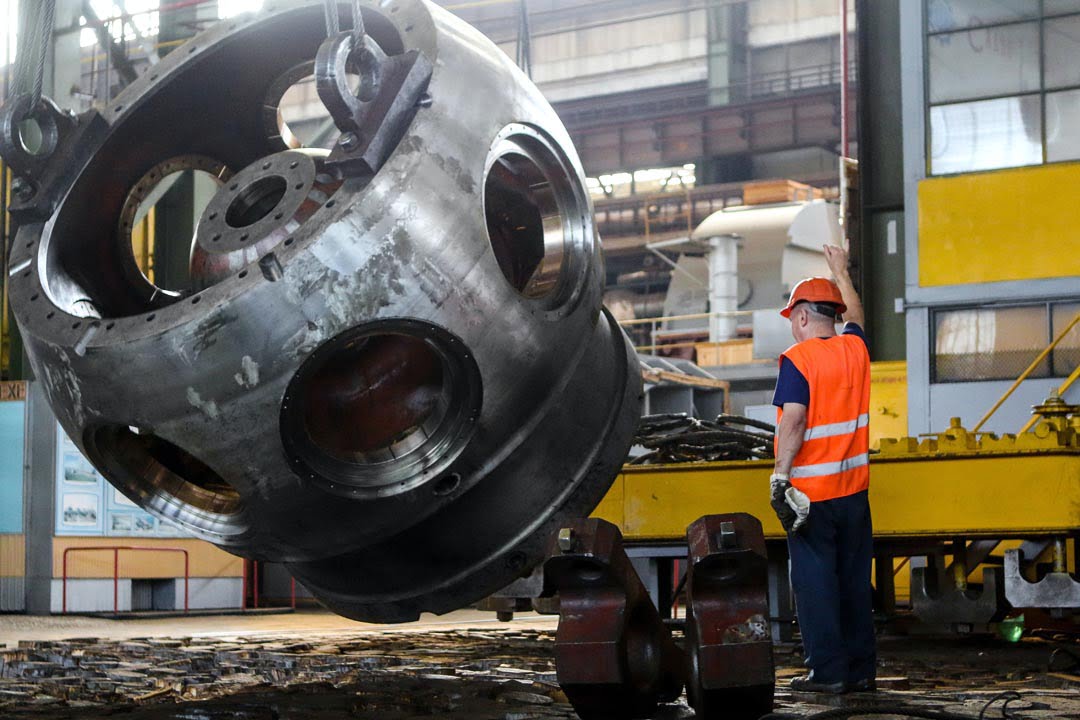Supplement your maintenance capability with new processes and perspectives.
If organisations are to move toward an asset management environment with a focus on maximising equipment life, then the planner must be seen more as a whole of life Asset Management Planner rather than the Maintenance Planner of old. This course is the starting point for that transition.
The role of Maintenance Planner has changed dramatically over the last 10 years with the introduction of complex CMMS and ERP systems that promise to make life easier. While the introduction of these new and improved systems has increased our ability to gather and disseminate information, most planners and maintenance managers are starting to understand that their lives have become anything but easier. The quality of the outputs from these systems is reliant on the quality of the inputs and these can only be assured if we have a robust management system to support maintenance, engineering and operations.
More and more the maintenance planner is seen as the champion of “the system,” but what has been done to improve their understanding of the intricacies of asset management in this new technological age?
The answer is often very little. To break the CMMS cycle of “rubbish in, rubbish out,” we must develop the personnel in this key role and turn them into asset management planning champions. To do this they must have an understanding of asset management fundamentals and where maintenance fits into the mix. They must be able to manipulate the CMMS and use other electronic media to improve the quality of the inputs which in turn will improve the quality of the outputs.
Key outcomes
By the end of this course, you will (at a minimum) be able to:
- Explain the fundamentals of asset management and the role that planners and other maintenance personnel have in ensuring assets are managed to maximise their potential through all the phases of their life cycles
- Apply a structured approach to planning activities so that they align with the asset and maintenance management framework of the organisation
- Apply the principles of maintenance budgeting and cost management to influence decision makers into investing in maintenance rather than using it as a lever to cut costs
- Identify the “next steps” in maintenance management for an organisation and how equipment reliability can be increased by applying some proven concepts and tools
Course outline
- Asset and maintenance management
- The role of maintenance
- The role of work management
- A typical work management framework
- Exercise – Life Cycle Costing
- Work identification
- Work screening
- Work prioritisation
- Exercise – Prioritising and Screening Work
- Planning
- Work packs
- Exercise – Work Planning
- Scheduling
- Standing Work Orders
- Backlog management
- Forwardlog management
- Materials and resource procurement
- Exercise – Maintenance Scheduling
- Performing work
- Exercise – Maintenance Role Play
- Recording work history
- Analysing work history
- Continuous improvement
Maintenance Planning and Scheduling Excellence
- Brisbane, Melbourne, Perth, Online
- From $1935.00 excl. GST
- Online duration: 12 hours
- Face to face duration: 16 hours




